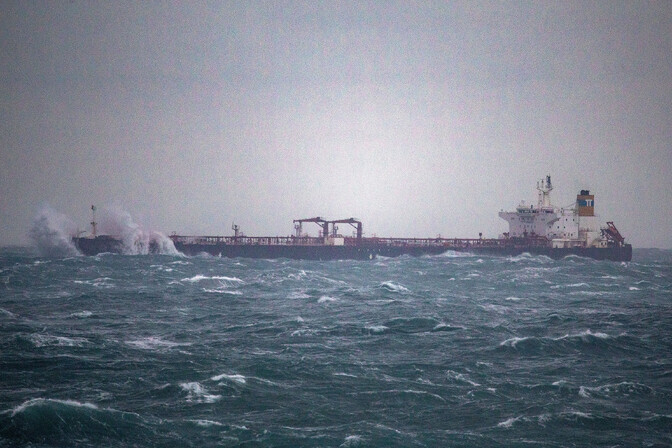Tere tulemast Eestisse! The escalating crisis in the Red Sea has sent shockwaves through global oil markets, causing a spike in oil prices. As a country heavily dependent on oil imports, Estonia is closely monitoring the situation and preparing for potential economic impacts. The geopolitical tensions in the Red Sea region are a cause for concern, and Estonian policymakers are evaluating the potential consequences for the country’s energy security and economy. Join us as we delve into the complexities of this crisis and its implications for Estonia and the global community.
USA ja lääneliitlased alustasid huthi mässuliste vastaseid õhurünnakuid. Investorid muretsevad nüüd, et Punase mere kriis süveneb veelgi ja maailmaturul tõuseb nafta hind.
Punane meri on üks olulisemaid mereteid, mille kaudu liigub suur osa Aasiast Euroopa suunduvaid kaubalaevu ja naftatankereid. Huthi mässulised alustasid rünnakutega USA sõjalaevadele pärast Hamasi 7. oktoobri terrorirünnakut Iisraelile. Kuid kõigest mitme nädalaga laienesid huthide rünnakud ka kaubalaevadele.
Rahvusvahelise energia võrdlusaluse Brenti toornafta hind kerkis reedel 2,7 protsenti ja oli reede lõunal 79,43 dollarit barreli kohta. USA-s kaubeldava nafta WTI hind on umbes 74 dollarit barreli kohta.
Overall, the crisis in the Red Sea has led to an increase in oil prices globally, including in Estonia. This has significant implications for our economy and the cost of living for Estonian citizens. It is important for our government to closely monitor the situation and take appropriate measures to mitigate the impact of rising oil prices on our economy. Additionally, efforts to diversify our energy sources and reduce our dependence on oil should be prioritized to ensure greater stability in the face of such crises in the future.

Võib-olla tunnete huvi:
Kõigi riigiteenistujate 35-päevast puhkust seadusesse siiski ei kirjutata | Eesti
Selgus Prantsusmaa jalgpallikoondis koduseks olümpiaks | Jalgpall
Djokovic tagas Wimbledonis koha poolfinaalis | Tennis
Võrklaev soovitas Rail Balticu ettevõtte viia börsile | Majandus
Vene parlament kinnitas maksutõusud | Välismaa
Briti ja Prantsuse valimissüsteemid moonutavad tulemusi stabiilsuse nimel | Ühiskond
EM-i blogi | Kellest saab teine finalist? | Jalgpalli EM
Rein Sikk: igaüks, kes Venemaale läheb, maksku Eestile kümme eurot | Arvamus